Research
December 1, 2010
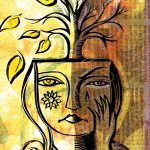
Stigma of mental illness
To Jennifer Stuber, the stigma associated with mental illness is black and white: that is, it’s right there in the newspaper.

Teaching moment
Two UW instructors are using a $200,000 grant to study teaching methods regarding the Elwha River and the upcoming removal of its two dams.
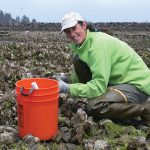
Bay keeper
Half of the West Coast’s oyster supply and roughly one in 10 oysters harvested in the U.S. comes from Willapa Bay. Ensuring the bay will remain productive, without compromising its overall health, has become the mission of Jennifer Ruesink, ’96, an associate professor with UW Department of Biology.
September 1, 2010
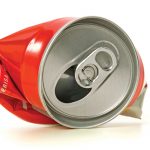
Food junked
The UW’s Center for Public Health Nutrition got in on the fat-busting act, pioneering new research into the relationship between convenient, cheap food and our nation’s ever-growing waistlines.
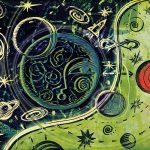
Orbit of influence
Weird neighbors make life more challenging. That’s a well-established principle here on Earth, but it turns out to apply in deep space as well, according to new research.

Oil spill detectives
Two UW mechanical engineering professors were tapped by the federal government earlier this year to help figure out the amount of petroleum spilling from the Deepwater Horizon blowout in the Gulf of Mexico

Damaging waves
A team of UW and Veterans Affairs researchers has gathered the first direct evidence that blast waves from roadside bombs can cause long-term changes in soldiers’ brains.
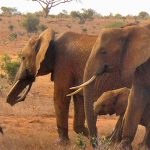
Elephant vs. bird
Elephants may be the biggest factor in the impending disappearance of a tiny bird.
June 1, 2010

Birth of a field
Mary Hebert is head of the UW Obstetric-Fetal Pharmacology Research Unit, which recently received a $5 million grant to continue its work on the clinical pharmacology of medications during pregnancy.
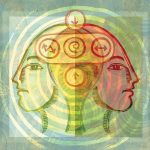
Thought process
You might not think what you think you think. That’s the conclusion arising from the Implicit Association Test, a tool developed by UW Psychology Professor Anthony Greenwald to measure people’s unconscious attitudes.

Greener roads
A UW team has helped develop the world’s first system to rate the sustainability of road construction and maintenance projects.
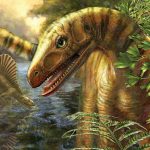
Aging dinosaurs
A new fossil find suggests that the roots of the dinosaurs’ family tree are deeper than previously thought.
March 1, 2010
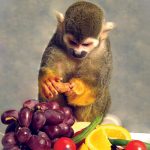
Seeing red
Jay and Maureen Neitz, who joined the UW School of Medicine faculty in 2008, reported in the journal Nature that they had cured color-blindness in two squirrel monkeys using gene therapy.

Lightning listener
Call him the lightning listener. Robert Holzworth, UW professor of earth and space sciences, directs the World Wide Lightning Location Network (WWLLN), a series of stations around the globe that monitor pulses of radio waves generated by lightning strokes.
December 1, 2009

Record grant
The University of Washington is slated to receive its largest-ever federal award—$126 million over 5+ years—to connect the ocean to the Internet.

Tree power
Researchers at MIT discovered electrical currents in trees last year, and now a UW team has built an electronic circuit that runs on tree power.
September 1, 2009
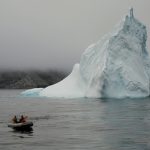
Long look underseas
Seagliders, under development since 1995 at the UW’s School of Oceanography and Applied Physics Laboratory, have repeatedly set world endurance and range records for autonomous underwater vehicles.
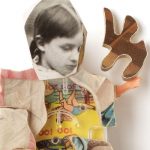
Clues to autism
UW scientists contributed to two recent studies that are beginning to unlock the genetic underpinnings of autism and related disorders.
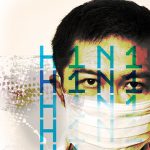
Responding to H1N1
When a new influenza virus, Influenza A H1N1, or “swine flu,” emerged last spring, Anne Marie Kimball, a professor of epidemiology and health services at UW School of Public Health, was on the front lines of the information response.
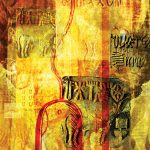
Tablets of mystery
An ancient mystery, a modern-day academic debate, and state-of-the-art computer science—these are the elements of recent research by Rajesh Rao, UW associate professor of computer science and engineering.